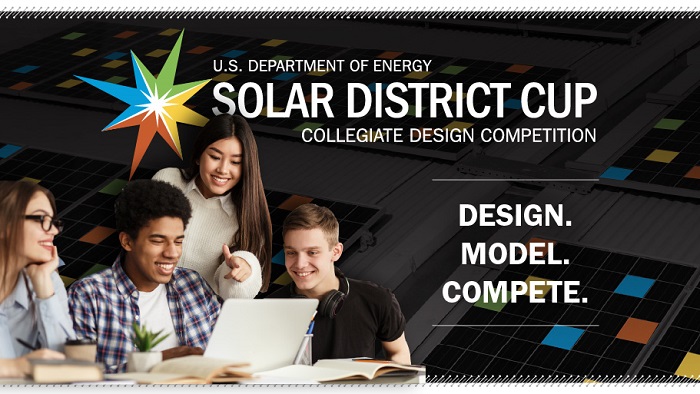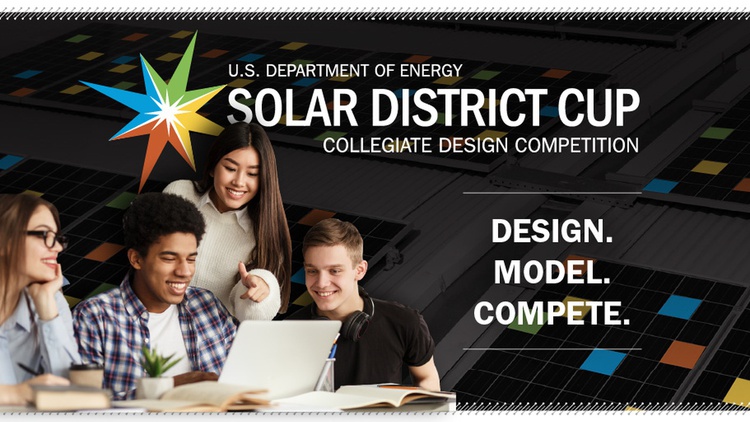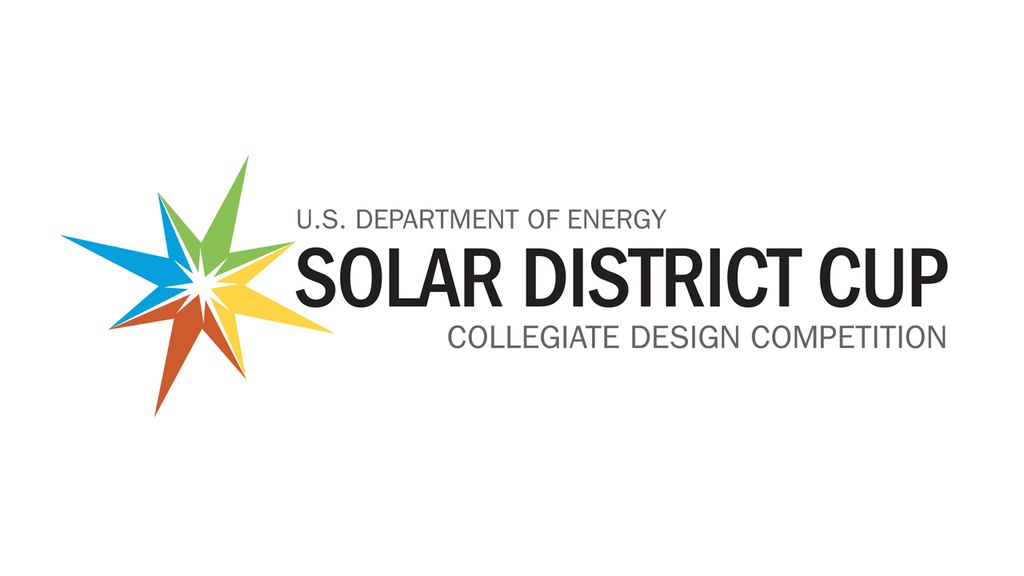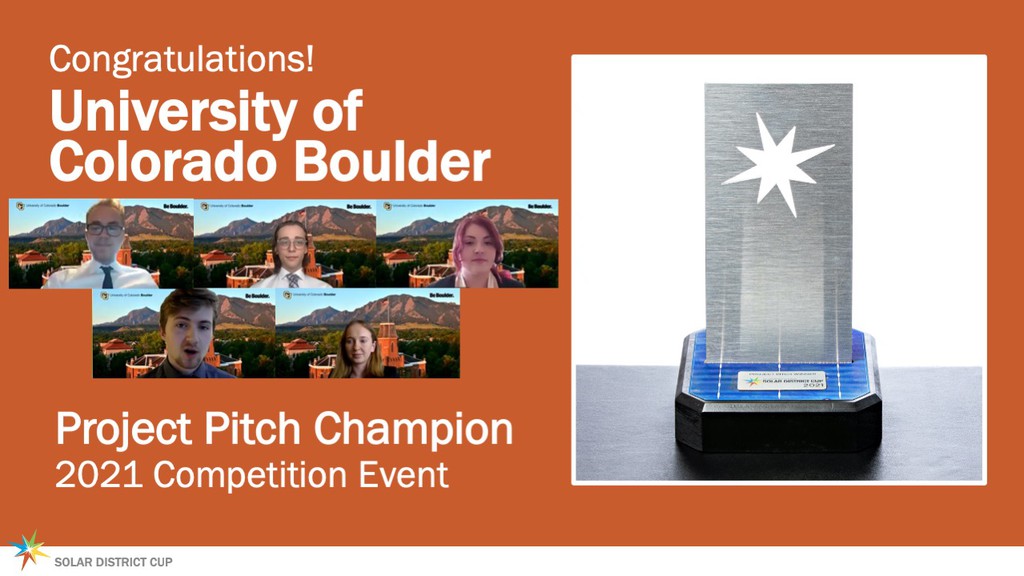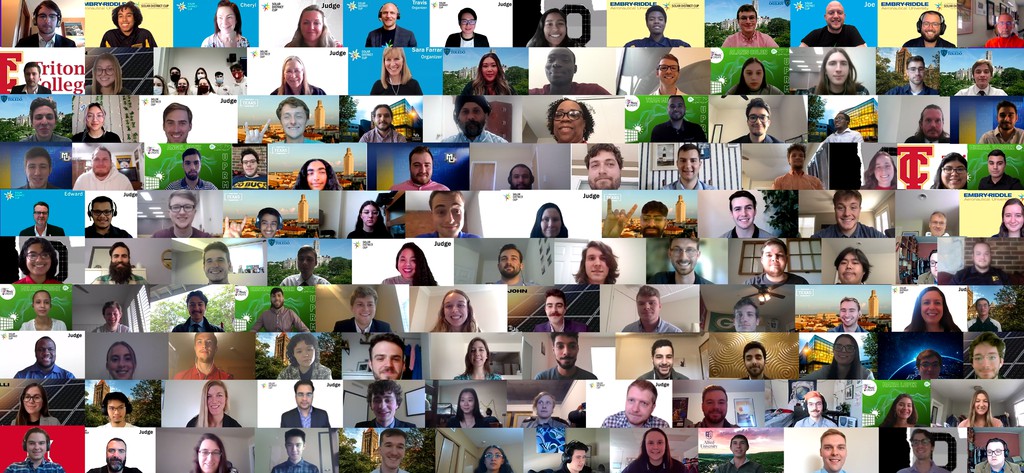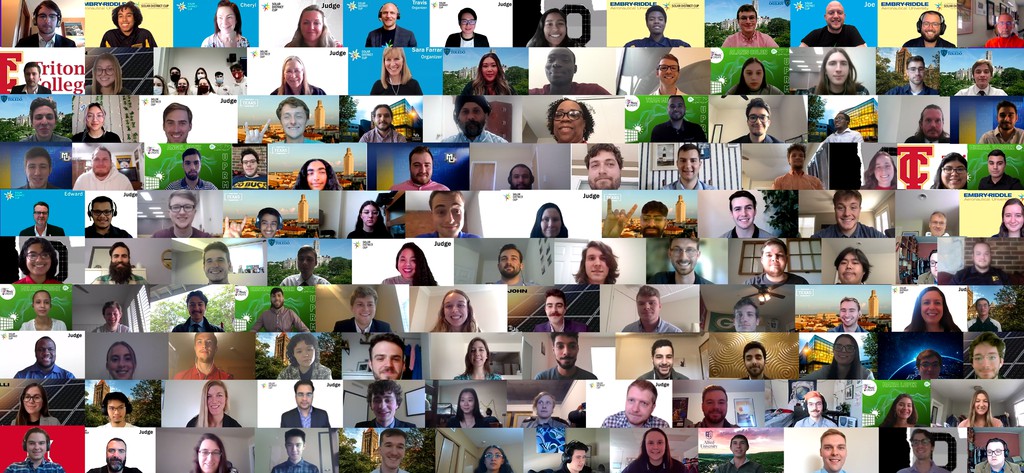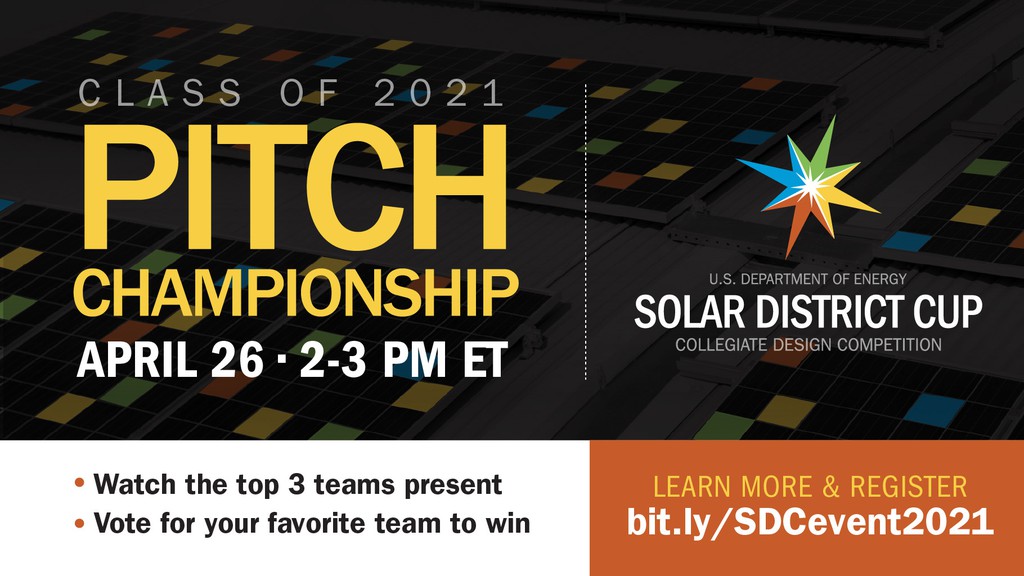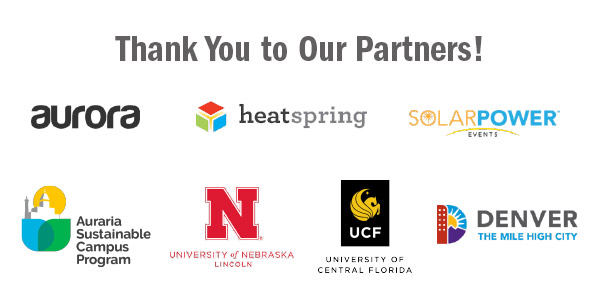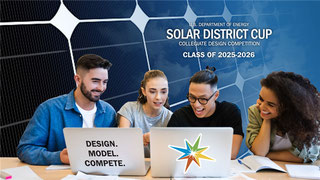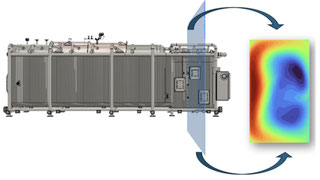2021 COMPETITION EVENT JUDGES
The U.S. Department of Energy Solar District Cup Collegiate Design Competition is proud to have the enthusiastic support of industry professionals as judges for the 2021 competition event.
City of Denver / Auraria Higher Education Center District Use Case Judges
Bakary Coulibaly
Development Engineer, SolAmerica Energy
Bakary Coulibaly earned a Bachelor of Science in electrical engineering from the University of the District of Columbia. He specializes in early-stage project development and project engineering. Currently, he oversees the engineering aspects of project development for SolAmerica Energy and is working on a 15-megawatt portfolio in Illinois as part of the Adjustable Block Program from the Illinois Power Agency.
Chris Herr
Sustainability Officer, Auraria Higher Education Center
Chris Herr holds a master's degree in public administration from the University of Colorado Denver with a focus on nonprofit management and environmental policy. He has a background in nonprofit consultant work and a wide variety of sustainability-related projects. In his current role as the sustainability officer for the 42,000 constituents on the Auraria campus in downtown Denver, which hosts three higher education institutions and features the largest singular rooftop array in the downtown area, he has been pursuing resource-saving opportunities in water conservation, alternative transportation, and other sustainability projects.
Akshay Kumar Jain
Doctoral Student, Virginia Tech
Akshay Kumar Jain holds a master’s degree in electrical engineering from Virginia Polytechnic Institute and State University and is working toward his doctorate, also from Virginia Tech. He previously worked as a research engineer at the National Renewable Energy Laboratory’s Power Systems Engineering Center for three years, where he worked extensively on the development of tools and algorithms to enable safe and reliable integration of distributed energy resources in power distribution systems. He is also the recipient of “R&D 100” and Federal Laboratory Consortium’s “Notable Technology Development” awards.
Rachel McLaughlin
Vice President of Sales and Marketing, ForeFront Power
Rachel McLaughlin earned a Bachelor of Arts in public policy from Duke University and is a Fulbright Fellow. She has over a decade of experience in energy sector sales to Fortune 1,000 customers across the U.S. and 500 MW of distributed generation projects. She currently leads policy, market strategy, land and project acquisition, marketing, and customer sales for solar and storage developer ForeFront Power.
University of Central Florida District Use Case Judges
Kristen Fornes
Director of Business Development, ENGIE
Kristen Fornes received a Bachelor of Science in finance from DePaul University and a Master of Business Administration in sustainable management from Kellstadt Graduate School of Business at DePaul University. She started her career selling retail power contracts to small business customers for American Electric Power Retail Energy in Chicago. She is now responsible for developing distributed solar and storage projects for Fortune 1,000 customers, cities, and universities for ENGIE, a multinational electric utility company.
Qifeng Li
Tenure-Track Assistant Professor, University of Central Florida (UCF)
Qifeng Li received his doctorate in electrical engineering from Arizona State University in 2016 and completed postdoctoral training at Massachusetts Institute of Technology from 2016 to 2018. Previously, he was the UCF principal investigator of a National Science Foundation-funded project on control of networked microgrids and a U.S. Department of Energy-funded project on post-disaster restoration of transmission, distribution, and communication systems. He is currently a tenure-track assistant professor at UCF and is interested in grid-integration of renewable energy research.
Alex Parlato
Sr. Manager of Energy Services, University of Central Florida
Alex Parlato received his bachelor’s degree in mechanical engineering from the University of Central Florida. He has a background in energy management, building automation controls implementation, service, system administration, data management, and analytics. Currently, he is responsible for the administration and development of campus enterprise energy management, building automation, and geographic information system programs and systems for UCF.
Siddharth Temburni
Director of Engineering, Summit Energy Group
Siddharth Temburni earned a Bachelor of Science in mechanical engineering from Savitribai Phule Pune University in India, and a Master of Science in solar energy engineering from the University of Massachusetts Lowell. He is a North American Board of Certified Energy Practitioners-certified photovoltaic (PV) installation professional, a general contractor for residential and commercial buildings, and holds a renewable energy professional license for the state of Rhode Island. As a director of engineering at Summit Energy Group, he manages and trains the design and engineering team, works with national strategic partners on the operations and sales side, works directly with higher management on portfolio financial analysis and feasibility, and has designed and engineered a 30 MW utility-scale ground-mount PV installation for a Texas utility.
University of Nebraska – Lincoln District Use Case Judges
Dr. Olga Lavrova
Associate Professor, New Mexico State University
Olga Lavrova earned her Bachelor of Science in physics and Master of Science in electrical engineering from the Saint Petersburg Electrotechnical University in Russia, and her doctorate degree from the University of California Santa Barbara. Her previous experience includes serving as principal member of technical staff at Sandia National Laboratory in the Photovoltaics and Distributed Systems Integration Department and as a faculty advisor to both Solar District Cup and Solar Decathlon collegiate teams. Her current work and areas of interest include photovoltaics and semiconductor devices for power electronics, smart grids, renewable energy, and electric energy storage systems.
Dr. Linda Pickett
Energy Engineer, University of Nebraska – Lincoln (UNL)
Linda Pickett earned a Bachelor of Science in mechanical engineering from Kansas State University, a Master of Science in atmospheric science from The University of Alabama in Huntsville, and a doctorate in geology from the University of Kansas. Her previous experience includes contributions to the life support system design for the space station, conducting research related to locating sources of geothermal energy, and teaching earth science classes. She currently works on energy conservation projects and heating, ventilation, and air conditioning control optimization, and serves on the Chancellors Environment, Sustainability and Resilience Commission at UNL.
Dana Clare Redden
Founder and CEO, Solar Stewards
Dana Clare Redden holds a Bachelor of Science from Drexel University, as well as an Executive Master of Business Administration from IE Business School at Brown University. In 2016, she founded Solar Stewards, a social enterprise directly connecting corporate social responsibility initiatives with impact capital to develop distributed generation solar in marginalized and front-line communities. In 2021, Solar Stewards was accepted into the American Council on Renewable Energy’s Accelerate program, while Redden joined the list of Grist’s 50 Fixers.
Benjamin Schneider
Project Finance Manager, Adapture Renewables
Benjamin Schneider earned a Bachelor of Arts in economics from Williams College. Over the past six years, he has led negotiations with equity and debt investors for structured finance transactions supporting deployment of all scales of solar generation facilities, including residential, commercial and industrial, and utility. In his current role at Adapture, he has closed four such transactions, securing funding for 18 facilities totaling more than 100 MW of installed capacity.
